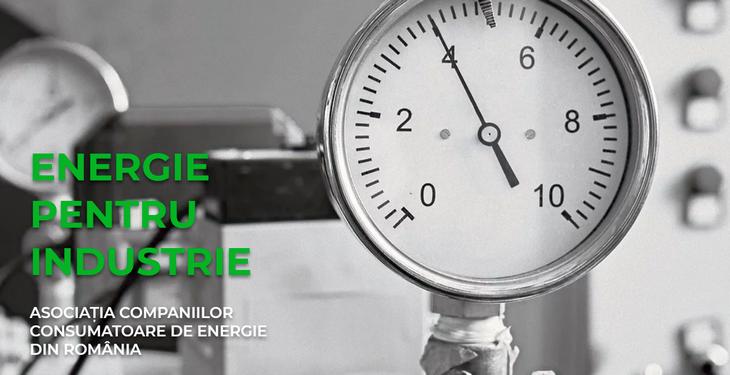In 2020, the consumption of companies, with an annual volume of electricity of over 2 GWh, accounted for 63.42% of the national total. Founded in June 2021, the Association of Energy Consuming Companies in Romania (“ACCER”) aims to promote the interests of Romanian industry, respectively companies with a significant impact of energy costs in the activity, in relation to all actors in energy markets. The founding members are Messer Romania Gaz SRL, Partnerg-i Energy Consultants SRL and Vrancart SA.
ACCER is open to all companies consuming electricity and natural gas, as it aims for dynamic growth to as many new member companies as possible, in order to form a common and general voice of energy consumers.
ACCER aims to determine and centralize the involvement of energy-consuming companies, to form a common voice of the Romanian industry, by representing and assisting members in:
- Detailed knowledge of the evolution of the energy context, including through exchanges of experience and good practices
- Favouring the consultation and dialogue of the authorities involved in the energy field with the Romanian industry
- Issuing positions and impact assessments on proposed legislative changes, with an impact on energy, or proposing regulatory initiatives or adaptation of primary legislation
ACCER is chaired by a Board of Directors consisting of Wolfgang Indenhuck, General Manager of Messer (President of ACCER), Roxana-Ana Vlase, Director of Paper Operations of Vrancart and Theodor Livinschi, General Manager and Founder of its partner (ACCER Vice-Presidents).
Messer is a subsidiary of the German group founded in 1898, one of the world’s largest players in the field of industrial gas and industrial consumer of electricity at the oxygen plant in Resita. Partnerg-i Energy Consultants SRL presents itself as the first active and dynamic Romanian company, specialized in complete consulting and representation of industrial energy consumers (electricity and natural gas) in the acquisition and management of energy costs. Vrancart is a major producer of corrugated cardboard, corrugated paper and sanitary paper in Romania, the main representative of the group of companies of the same name, which owns industrial energy consumers in production facilities in Adjud, Piatra-Neamț, Brașov, Călimănești and Târgu-Mureș.
For several years, the Association of Big Industrial Energy Consumers Romania (ABIEC) has been working with similar objectives. This is an organization that brings together the most important energy-intensive companies in Romania, among which ArcelorMittal Hunedoara, ALRO, CRH Romania, Liberty Galați, Tenaris, Saint Gobain. ABIEC constantly drew the attention of the authorities that “large electricity consumers in Romania pay significantly more for electricity compared to similar European companies in industrialized countries” and considered that “the most significant areas of cost reduction would be the cogeneration tax, transmission and distribution tariffs, possibly through exemptions, as well as compensation in the form of state aid for indirect costs induced by the ETS”. Dozens of electricity-intensive companies are already benefiting from the exemption from the obligation to purchase green certificates to subsidize renewable energy.
Among the objectives assumed by the new association, ACCER, are:
- Correct sizing and fair allocation of state aid and subsidies to mitigate energy costs
- Local and regional competitiveness and predictability of energy costs, in conditions of fair competition between suppliers
- Full alignment of national legislation with European legislation, in the field of energy and with an impact on the two amenities
- Easy access by consumers of all energy trading mechanisms and associated risks
- Efficient implementation of measures to facilitate the increase of the share of electricity produced from renewable sources
but also
- Mitigating the impact of energy in the business of member companies
- Increasing the level of expertise of members’ representatives
- Substantiation of the decisions of the adhering members in the field of energy
